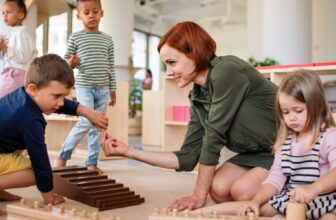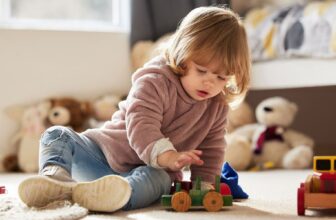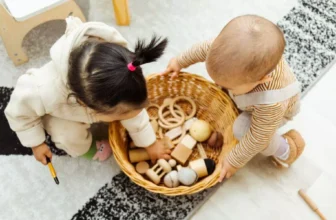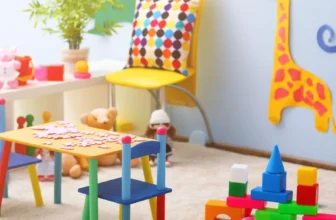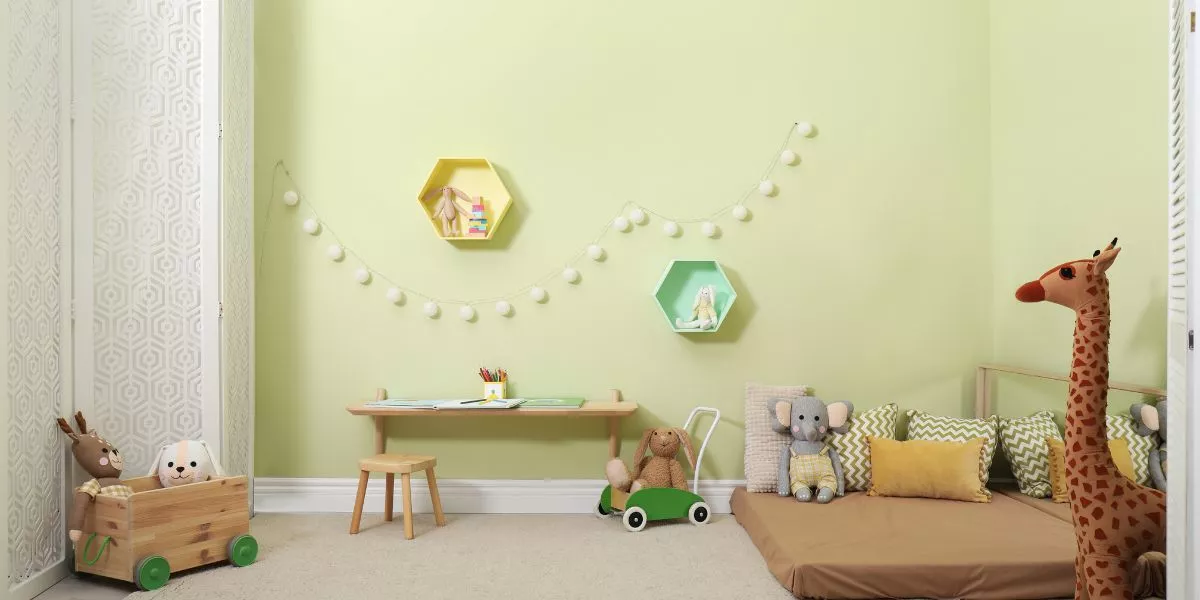
When considering the distinctions between traditional and Montessori toys, you may find yourself intrigued by the contrasting approaches each takes towards child development. The choice of materials, the level of engagement, and the ultimate goals these toys aim to achieve may spark a curiosity within you about which type resonates more with your beliefs about how children learn and grow. Take a closer look at these fundamental differences to gain a deeper understanding of how the choice of toys can impact a child's development in unique ways.
Educational Focus
When comparing traditional toys to Montessori toys, the educational focus differs significantly. Traditional toys often prioritize entertainment value, focusing on keeping children occupied and distracted. These toys are typically designed with bright colors, flashy lights, and loud sounds to capture a child's attention quickly. However, this emphasis on entertainment can sometimes limit opportunities for learning and development.
On the other hand, Montessori toys are intentionally crafted to promote hands-on learning experiences. These toys are designed to encourage exploration, problem-solving, and skill development. By engaging in open-ended play with Montessori toys, children can enhance their creativity, critical thinking, and fine motor skills. The educational philosophy behind Montessori toys is to foster independence and a love for learning in children, rather than just providing temporary amusement.
In essence, the shift in educational focus from traditional toys to Montessori toys highlights a move towards more purposeful and enriching play experiences for children. By choosing Montessori toys, you aren't only providing entertainment but also laying a foundation for lifelong learning and development.
Material and Design
Shifting focus to the material and design of toys, a notable distinction arises between traditional and Montessori toys. Traditional toys often feature bright colors, loud sounds, and flashy designs to capture attention quickly. In contrast, Montessori toys are typically crafted from natural materials like wood, metal, or fabric, promoting a more organic and tactile play experience. The design of Montessori toys tends to be simpler and more realistic, encouraging children to use their imagination and creativity during playtime.
In terms of material, traditional toys are commonly made from plastic, which can be harmful to the environment and may contain toxins. On the other hand, Montessori toys prioritize sustainability and safety, utilizing eco-friendly and non-toxic materials that are durable and long-lasting. The focus on natural materials not only benefits the planet but also provides children with a sensory-rich play environment that's more in tune with their developmental needs.
Approach to Play
Typically, Montessori toys encourage open-ended play that fosters creativity and independent exploration. Unlike traditional toys that often have a specific purpose or function, Montessori toys are designed to allow children to use them in various ways based on their imagination and interests. This approach to play helps children develop problem-solving skills, critical thinking, and decision-making abilities as they explore and interact with the toys without predetermined rules or instructions.
Montessori toys also promote hands-on learning experiences, where children can engage in activities that involve their senses and motor skills. By manipulating and experimenting with the toys, children can enhance their fine motor skills, hand-eye coordination, and spatial awareness. This hands-on approach to play not only supports physical development but also encourages cognitive development through sensory exploration and understanding of cause and effect.
In contrast, traditional toys often come with predefined ways of play, limiting children's opportunities for creative expression and self-directed learning. Montessori toys, on the other hand, empower children to take control of their play experiences, fostering a sense of autonomy and curiosity that can benefit them beyond their playtime.
Impact on Child Development
Moving from the approach to play with Montessori toys, the impact on child development is profound and multifaceted. Montessori toys are designed to promote independent thinking, problem-solving skills, and creativity in children. By engaging with these toys, children learn to make choices, work at their own pace, and develop a sense of autonomy. This autonomy fosters self-confidence and a positive self-image, which are crucial aspects of healthy child development.
Moreover, Montessori toys encourage children to explore their interests and passions, leading to a deeper understanding of their capabilities and preferences. This exploration helps children develop a strong sense of identity and purpose from a young age. Additionally, the emphasis on sensory experiences in Montessori toys enhances children's cognitive development, fine motor skills, and hand-eye coordination. These toys stimulate multiple senses simultaneously, which can improve brain function and neural connections in children.

